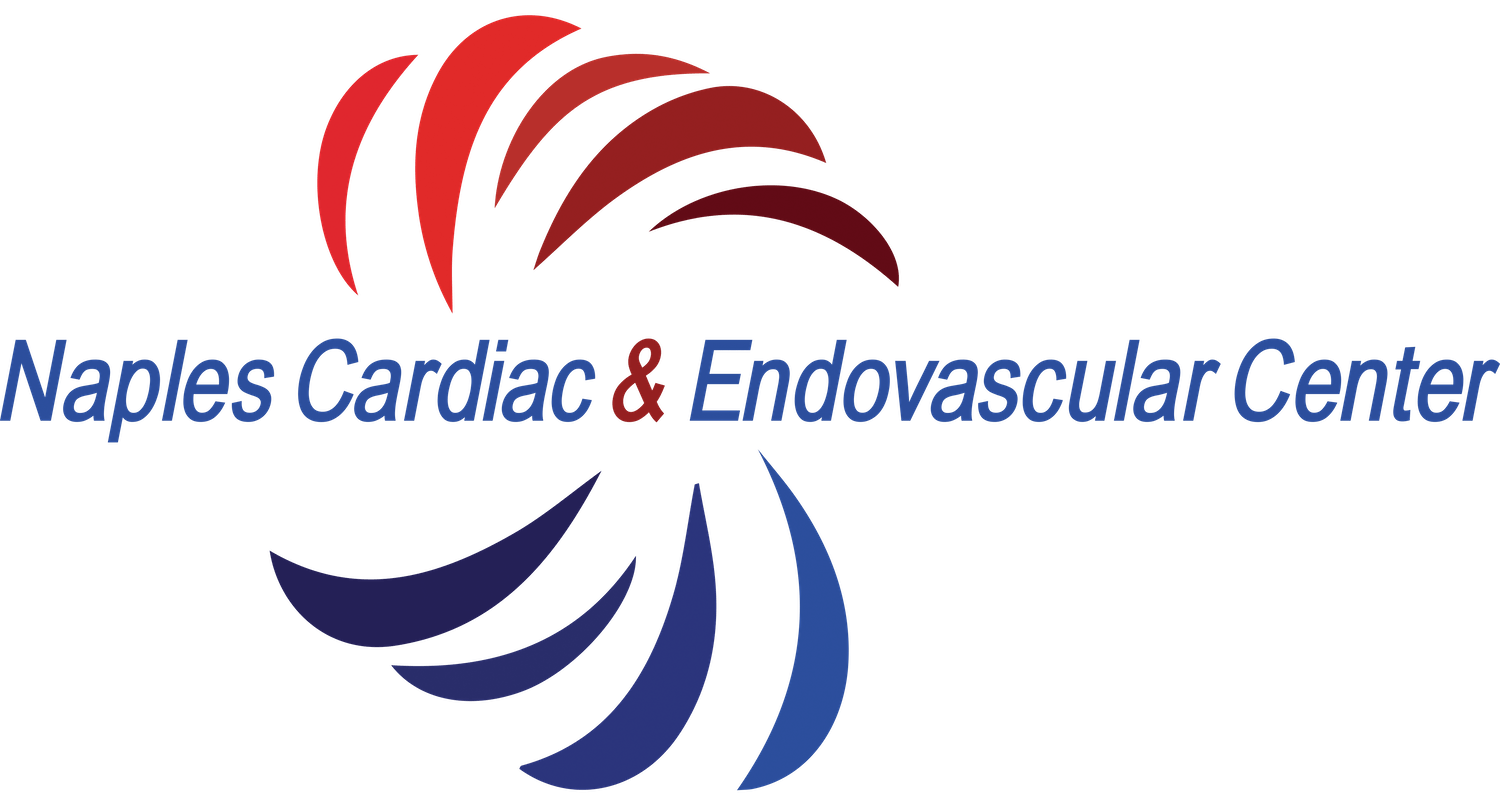Chest pain overview
Chest pain is a very common cause of medical evaluation, including ER visits, outpatient office visits and is a frequent reason for cardiology consultation. Chest symptoms related to cardiac disease are often reported with physical exertion and emotional distress. Specifically reported chest symptoms may include chest pressure, heaviness, tightness and location may be central chest, left upper chest, right upper chest and even in the lower chest/upper abdomen.
Dr. Arthur Labovitz discusses chest pain related to cardiac disease. He explains the symptoms of a heart attack and how to know when you need to go to a specialist.
Causes of chest pain
Chest pain can be the result of cardiac and non cardiac conditions.
Non-cardiac conditions may include:
pulmonary disease
musculoskeletal etiologies
aortic pathology
hematologic abnormalities
physical deconditioning
obesity
gastrointestinal disease, among others.
Cardiac etiologies include:
myocarditis
valvular heart disease, among others.
Chest pain diagnosis
Your doctor will obtain a detailed history of your symptoms as well as a personal and family history followed by a detailed physical examination; your doctor will subsequently recommend non-invasive testing which may include an EKG, stress test and blood samples for laboratory testing. Based on your specific presentation, other tests may be recommended.
Treatment of chest pain
Your specific etiology will determine the best treatment strategy. Cardiac etiologies are managed based on the specific pathology identified. Treatment may be as simple as anti-inflammatories but may require more invasive therapy such as stents, coronary bypass or valve surgery. We will be pleased to discuss your management options after your diagnosis has been established.
To request a consultation click below or call (239) 300–0586


